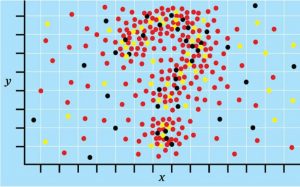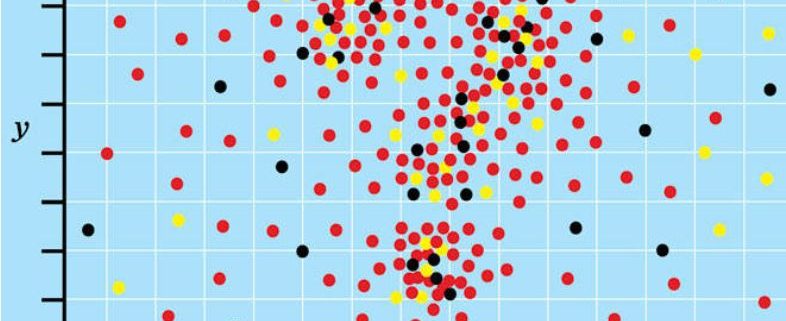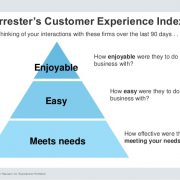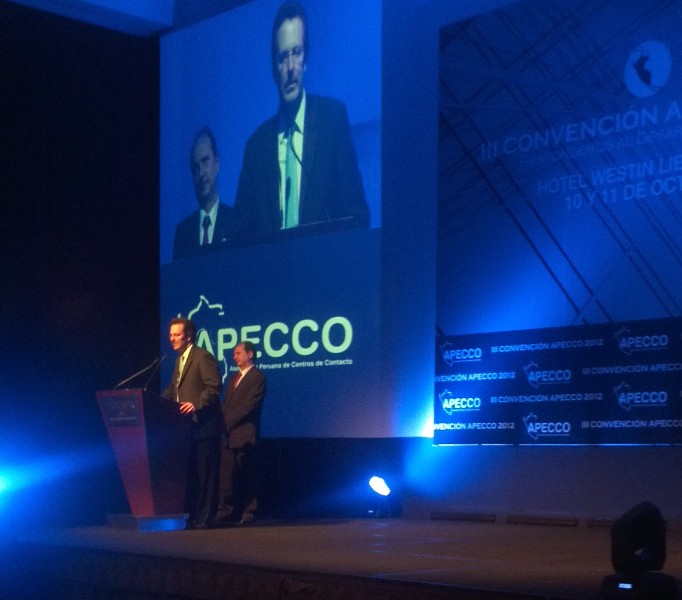The problem of dispersion in the Contact Center
The communications revolution or, in other words, being permanently connected, has its advantages, such as the reduction of inefficiencies of all kinds. But according to an article in the McKinsey Quarterly it also has its dark side: information overload and fragmentation of attention that enormously affect the work dynamics. And this has a particular impact on the contact center industry and the customer experience management, whose activity revolves around connectivity.
The problem is not new, in fact it has been the subject of reflection of management classics like Peter Drucker. But it is clear that the multitasking remains an important and controversial issue, with positions for and against about its benefits. And as services, applications and interaction channels are added, the situation gets worse.
In the environment of a contact center, managing this challenge is a task of the middle management. And on that frame, a first advice from the specialists is that – beyond the great dose of self-discipline necessary – to be successful the supervisors can not give this battle in solitude. It is necessary to involve the work teams, the whole organization, in order to establish a set of rules that more productively support the work.
Leaders and their teams should openly discuss the way they will choose to focus, filter and forget; how they will support each other to create the time and space needed to improve performance, and how to enable others throughout the organization to do the same. This conversation can also be the appropriate starting point for a deeper look at the information and technology needs of all the knowledge workers in the contact center.
Many supervisors and managers literally have two overlapping work days: The one that is formally programmed in their calendars and the «before, after and in the middle,» that they approach in a disjointed way in the spare time. Often, multitasking is a vain effort to keep the pace of information flowing to them.
In conclusion: the fight against information overload requires an enormous self-discipline to be able to focus, filter the unimportant and forget about the work from time to time. But that’s not enough. There is also a need for teamwork and the ongoing assistance to operators by the levels of supervision.








